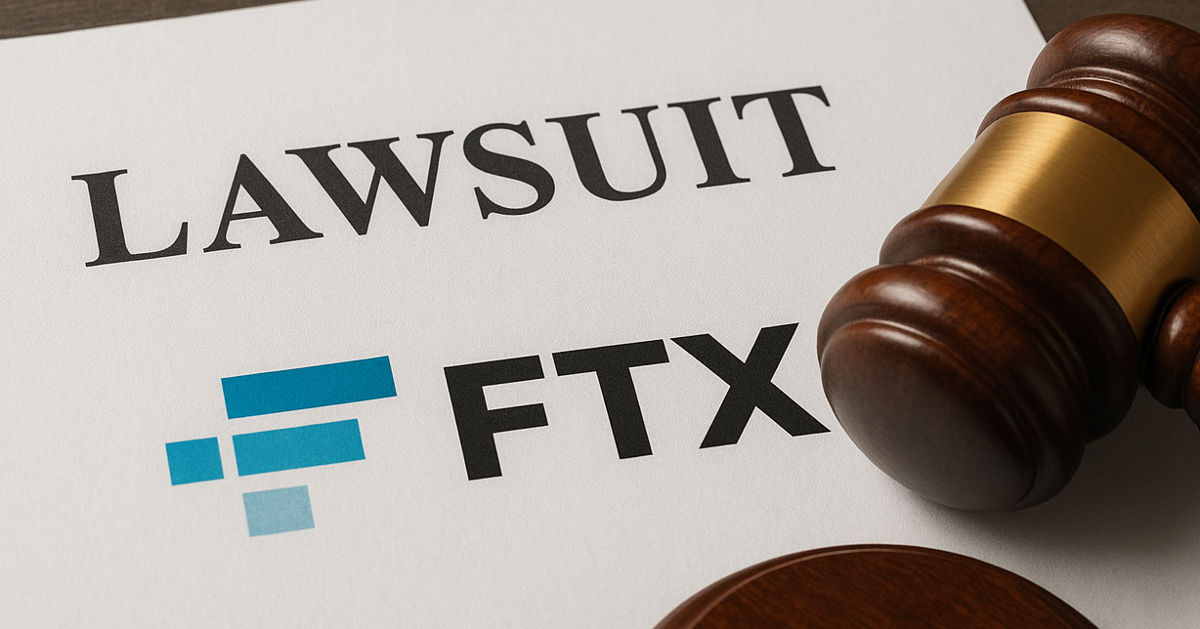France's Bold Move: Nation Proposes Massive Bitcoin Reserve!

A landmark pro-cryptocurrency bill is set to be introduced in the French Parliament by the center-right Union of the Right and Centre (UDR) party, led by lawmaker Éric Ciotti. This initiative marks the first time such a comprehensive legislative proposal on cryptocurrency has been presented in France, aiming to adapt the nation to a new monetary order by embracing Bitcoin and other digital assets.
A core component of the proposed legislation is the establishment of a national Bitcoin Strategic Reserve. The bill envisions Bitcoin serving as a form of “digital gold” to enhance France's financial sovereignty. Under this plan, France aims to acquire approximately 2% of Bitcoin’s total supply, which equates to roughly 420,000 BTC, over the next seven to eight years. To manage this significant reserve, the legislation calls for the creation of a Public Administrative Establishment (EPA), mirroring the structure used for France’s existing gold and foreign-currency holdings.
Funding for the Bitcoin reserve would be diversified. Surplus nuclear and hydroelectric energy would be leveraged to power public Bitcoin mining operations. Furthermore, the bill proposes adapted taxation for miners to foster domestic participation in the mining industry. This builds upon a previous proposal from July, where French lawmakers suggested converting surplus electricity from nuclear and renewable sources into economic value through Bitcoin mining, addressing the recurring issue of energy overproduction and financial losses.
Beyond the strategic reserve, the new bill outlines several other provisions to integrate cryptocurrencies into the national economy. It would allow France to retain cryptocurrencies seized during legal proceedings. Additionally, a quarter of the funds collected via popular savings schemes, such as the Livret A and LDDS, would be allocated to daily Bitcoin purchases, amounting to approximately 15 million euros per day, or 55,000 BTC annually. Pending constitutional approval, citizens could also gain the ability to pay certain taxes using Bitcoin.
The legislation also places a strong emphasis on the use of euro-denominated stablecoins for everyday payments, recognizing them as a viable alternative to traditional payment networks. Transactions under €200 involving stablecoins would be exempt from taxation and social contributions, and payment of taxes in euro stablecoins would also be permitted. Crucially, the proposal explicitly opposes a European Central Bank-controlled digital euro, citing concerns that a centralized CBDC could jeopardize financial freedoms and personal privacy.
To bolster industry development, the bill suggests adapting electricity taxation for mining through a progressive excise duty and implementing flexible tariffs for data centers. It also advocates for the institutional adoption of Bitcoin and other crypto-assets via Exchange Traded Notes (ETNs). Furthermore, the legislation calls for revisions to current European prudential rules, which impose high risk-weightings on certain crypto-assets, thereby limiting their utility as collateral for “Lombard” loans.
Despite its ambitious and far-reaching scope, the bill faces considerable political obstacles. The UDR party currently holds only 16 of 577 seats in the National Assembly, making the bill's adoption unlikely without securing broader cross-party support.
You may also like...
The Climate Cost of Growth: How Development Poses Threats to the Environment

As Africa surges into the global development race, the environmental price is growing: deforestation, industrial waste,...
The Talent Exodus: Why African Players Keep Leaving

Africa’s football talent continues to migrate abroad, driven by poor local leagues, weak infrastructure, and cultural bi...
Basketball Legend Michael Jordan Slams 'Load Management' Practice

Basketball legend Michael Jordan shared his strong disapproval of load management, emphasizing his unwavering commitment...
Blockbuster Sequel Incoming! 'Twilight of the Warriors' Sets 2026 Shoot with Soi Cheang Returning!

"Twilight of the Warriors: Walled In" director Soi Cheang announced that a sequel will begin shooting next March, follow...
Anime Epic 'Chainsaw Man: Reze Arc' Dominates Global Box Office with Massive Milestone!

"Chainsaw Man - The Movie: Reze Arc" has rapidly become a global sensation, grossing over $108 million and earning top m...
Tame Impala's 'Deadbeat' Dominates Billboard, Securing Six Chart-Topping Debuts

Tame Impala's new album "Deadbeat" makes a sensational debut, topping six Billboard charts including Top Rock & Alternat...
Chappell Roan's Heartfelt Tribute to Cyndi Lauper Before Rock Hall Induction

Pop icon Cyndi Lauper continues to influence new generations of artists, with Chappell Roan citing her as a major inspir...
Chad Powers Unveiled: Stars Spill Season 2 Hopes & Glen Powell's 'Unbelievable' Prosthetic Secrets!

Hulu's comedy series "Chad Powers" follows disgraced quarterback Russ Holliday as he adopts an elaborate disguise to rec...




